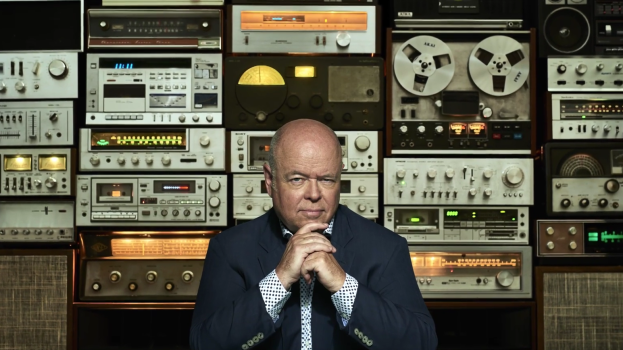SILVER: Packaged Goods Food/Other • Sustained Success
Situation Analysis In 2005, consumers were taking a more vigilant approach to what they were eating, and unfortunately for Hellmann’s, a study found that three-quarters of consumers equated the brand to “junk in a jar.” This obviously had to change, especially if Hellmann’s was going to catch up to the category leader Kraft Miracle Whip. Hellmann’s is made from three real and wholesome ingredients – eggs, oil and vinegar. From this little known fact the Hellmann’s Real Food Movement (RFM) was born. Starting in 2007, it produced extraordinary results, leading to the CASSIES Grand Prix in 2010. Two and a half years later, the RFM continues to deliver.
Strategy & Insight From 2007 to 2010, RFM introduced a higher sense of purpose than conventional product marketing, tackling the nutritional habits of the nation. In 2011 this evolved into a decision to educate kids on eating well – a strategy designed to build connections with moms and strengthen loyalty to the brand. The vehicle for this was the Hellmann’s Real Food Grant Program.
Execution The Grant Program gives more than $100,000 to individuals and organizations that help families and kids connect with real food. For example, the Camille School in Red Deer Alberta wanted to provide its students with healthier food, so Hellmann’s helped revamp the school kitchen, getting rid of the deep fryer and transforming the cafeteria’s menu. To celebrate the school’s commitment to the Real Food Movement, the fryer was crushed under the wheels of a monster truck. This was all documented in an online film called “Bye Bye Deep Fryer,” and has garnered over 1.4 million views since its release last May.
Results Hellmann’s dollar volume rose 5% in 2007, 7% in 2008, 14% in 2009, 6% in 2010, 7% in 2011 and 10% as of June 2012. Hellmann’s dollar shares grew annually to 33.1% last June from 26.8 % in 2007. The Real Food Movement has had a positive halo on Hellmann’s total business. Over the duration of the RFM campaign Hellmann’s has pulled ahead of Kraft Miracle Whip in the category, opening up a 10-point lead in both dollar and tonnage share.
Cause & Effect The case examined spending, product, pricing, distribution, promotional activity, image, purchase intent and outside forces to show the results were driven by the RFM campaign.
Credits:
Client: Unilever
VP marketing: Sharon MacLeod
Director of marketing, foods: Alison Leung
Senior brand building manager: Stephanie Cox
Assistant brand building managers: Mindy Perlmutter, Michelle Wu
Past client credits:
General manager: Christopher Luxon
VP marketing: Geoff Craig
Marketing director: Jon Affleck
Brand managers: Juanita Pelaez, Ian Busch
Assistant brand manager: Monica Palit
Agency: Ogilvy
CCO: Ian MacKellar
Managing director: Laurie Young
Senior partner, group account director: Aviva Groll
Account supervisor: Daniel Koppenol
Writer: Chris Dacyshyn
AD: Julie Markle
Broadcast producer: Julie Caniglia
Planning: Doug Potwin
Past agency credits:
Copywriters: Jane Murray, Siobhan Dempsey
Account supervisors: Sarah Kostecki, Stasha Poznan, Mandi Lee, Jennifer McLeod
Account executives: Coby Shuman, Terri Mattucci
CCOs: Janet Kestin, Nancy Vonk
Other agency partners: Harbinger Ideas, Mindshare Canada, Dashboard, OgilvyAction, PHD, Segal
























